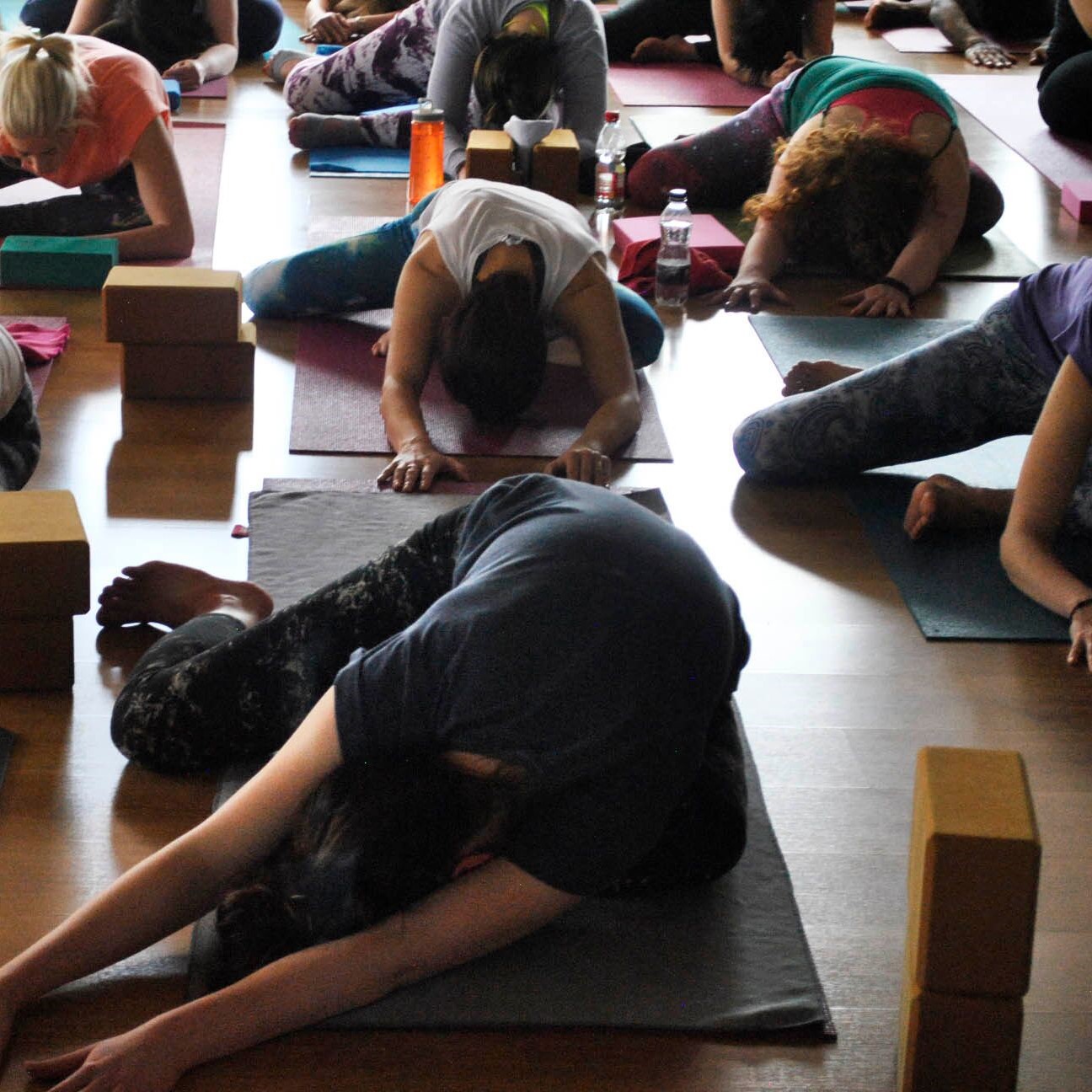What is stress? Stress is the major health epidemic of the 21st century. Cardiovascular disease, lung disease and cancer, the top three killers in first world nations, are all stress-related.
Stress is reported from all walks of life. Bar staff, entrepreneurs, consultants, doctors, lawyers. It’s a special concern for people in helping professions, nurses, therapists, emergency services. We asked our most chilled-out Barefoot instructor Suzi Vavrikova about the typical stresses of the job in her previous incarnation as a nurse:
“I worked lots of different shifts in the emergency department (days and nights) so that left me more or less permanently jet-lagged. Yoga practice – be it asana, relaxation, meditation or pranayama practice – really helped to keep my internal clock in balance. My job also often meant that I would be running on adrenalin pretty much the whole of the 12.5 hour shift. Being able to go into relaxation, meditation, pranayama, or simply becoming aware of the sensations in the body, really helped me move away from dwelling in fight-or-flight response mode, towards more relaxed, clear-minded states. I would practice at home after a shift, or sometimes as part of my break. Sometimes it meant literally doing it in the bathrooms! Anywhere I could find a little moment of quiet.
The last thing is that so much physical work is tough on your body, especially in the lower back. That asana practice helped strengthen all those areas meant and still mean the world to me! Also, as a consequence of my yoga practice I noticed a difference in levels of compassion and empathy I was being able to display towards my patients but also towards myself. Juuust amazing. I was able to create mental space between myself and challenging, upsetting situations. Not talking about suppressing or avoiding stuff, but rather creating healthier boundaries. I’m sure I have my meditation practice to thank, too, for this.”
Resentment, worry, restlessness – these are only natural responses to stressful situations. In the interest of getting the job done, you might sacrifice your lunch break or stay up late into the night tapping away on the computer. Your seemingly never-ending to-do list and hordes of people demanding a piece of your time might lead you to try multitasking in the interest of satisfying everyone – even though studies prove that multitasking actually has the opposite effect on performance. Over and above all this, there’s that looming dread that you’re not going to be able to do everything, you’re going to let people down, or you’re just not good enough.
Whoa, that escalated quickly.
But that’s how stress snowballs in the mind. The little things pile up and suddenly you’re weighed down with this sense of overwhelm or failure. As Suzi’s experience shows, a strong yoga practice can help you create small changes in your daily routine, in your thinking. You carve out time for self-care, because you know it makes you feel good. You choose healthier foods and reasonable(ish) bed-times, you spend more time connecting with friends and family and seeking meaningful experiences. Above all, your practice can help you maintain a higher perspective – a perspective of love, compassion, peace, steadiness and ease – even through the most turbulent and stressful times.
